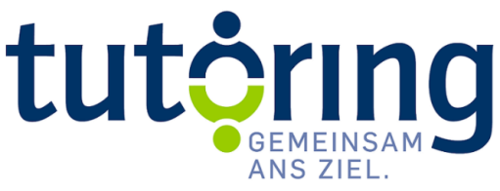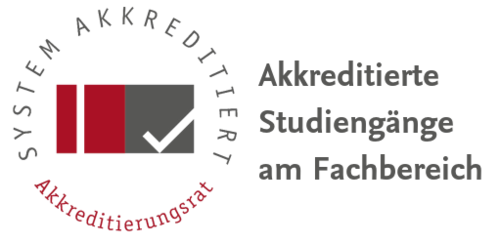14.02.2025, Amit Deshmukh (MIT Institute of Design, Pune, India), "Mapping the Literary Evidences of Board Games in Medieval Marathi Literature", Max-Planck-Institut für Wissenschaftsgeschichte
News vom 14.02.2025
Time: Friday, February 14, 2025, 14:00-15:00.
Online: Zoom Link: https://eu02web.zoom-x.de/j/68564259061
India has a very prominent traditional board game culture, which is evident through numerous game boards and game pieces that are surviving. Game board variations reflect India's rich craft culture, with graffiti found prominently in public spaces like temples. Many scholars, just to name a few, I. Finkel, R.K Bhattacharya, and L.K. Soni (published in 2011); Vasantha (2003); Fritz and Gibson (2007); Rogersdotter (2015), have documented and/or commented on these appearances of game boards in spaces. Most of these documentations are from the region of Karnataka, Tamil Nadu and Andhra Pradesh. There are game board surveys from the states of Punjab (Gupta, 1926), Gujarat (Soni and Bagchi, 2011), Marwad (Samanta, 2011), Haryana (Sinha and Bishwas, 2011). Nevertheless, for some reason, there is very little work on board games in the state of Maharashtra. Traditional Marathi games like Sāripata and Pat Songtyā were household staples pre-WWII but rarely appeared as graffiti post-14th century, unlike mancala and hunt games.
Literary pieces of evidence of regional literature remain untraced. No specific research has happened in literature in this era in the context of board games and thus the presentation tries to throw light on evidence of board game mentions in medieval Marathi language literature. The paper tries to inquire about the presence/absence of board games in the 13th–17th century Marathi literature and architecture. The presentation shows approaches to map the Medieval Marathi literature to identify traces of board game culture.
Biography
Amit Deshmukh is an Associate Professor at the MIT Institute of Design, Pune, India.
Organizer(s)
AddressMax Planck Institute for the History of Science, Boltzmannstraße 22, 14195 Berlin, GermanyRoomZoom/Online Meeting Platform
Contact and RegistrationWe welcome both internal and external guests. Registration is only required for physical attendance. For more information about the colloquium series, please contact Jacob Schmidt-Madsen.
Zoom link: https://eu02web.zoom-x.de/j/68564259061
About This SeriesAsia is home to some of best known and longest surviving board games in the world. Backgammon originated in West Asia, Chess in South Asia, and Go in East Asia. The list goes on and can be expanded to include hundreds, if not thousands, of games that most people have never even heard of. Yet the history of their transmission, translocation, and transcreation across the Asian continent remains little explored and poorly understood. This owes in part to obvious barriers of culture and language, but also to a lack of communication between board game scholars. Even a cursory glance at the sources – whether textual, visual, material, or ethnographic – shows that they speak a common language that we as researchers do not.
The ASTRA colloquium series brings together board game scholars working with primary sources in a variety of Asian languages. It asks them to present their sources and discuss questions of context, structure, content, and language use. The goal is not only to establish connections between specific games and game cultures, but also between researchers and methodologies. The series is rooted in a larger project to build a database of ludic terminologies across linguistic glossaries in Asia. A special keynote lecture on games and language will be delivered by Alex de Voogt who has been instrumental in shaping the modern landscape of board game studies.
For further information, please see here.
Post download



